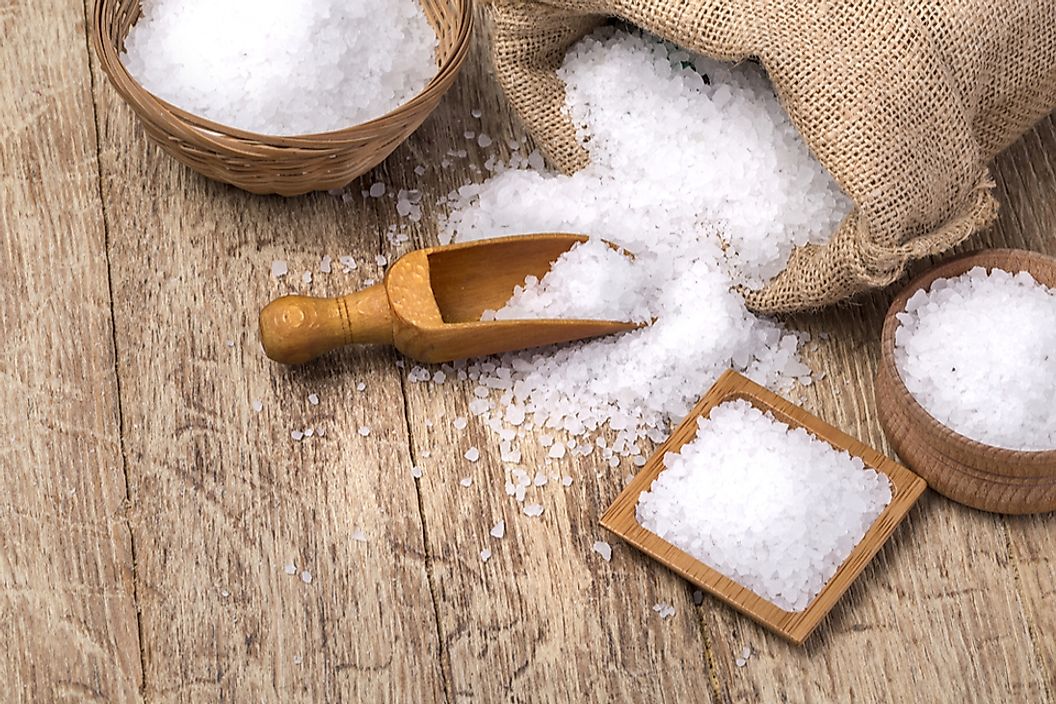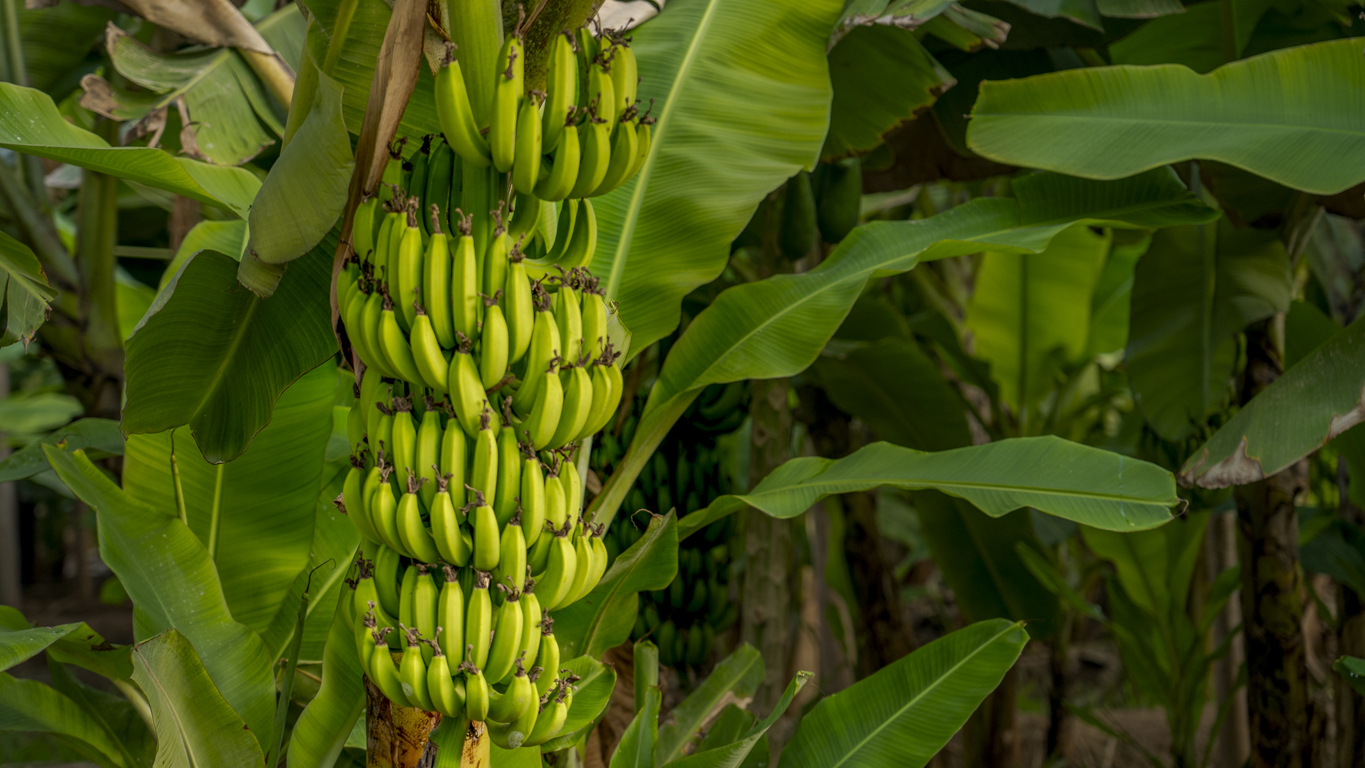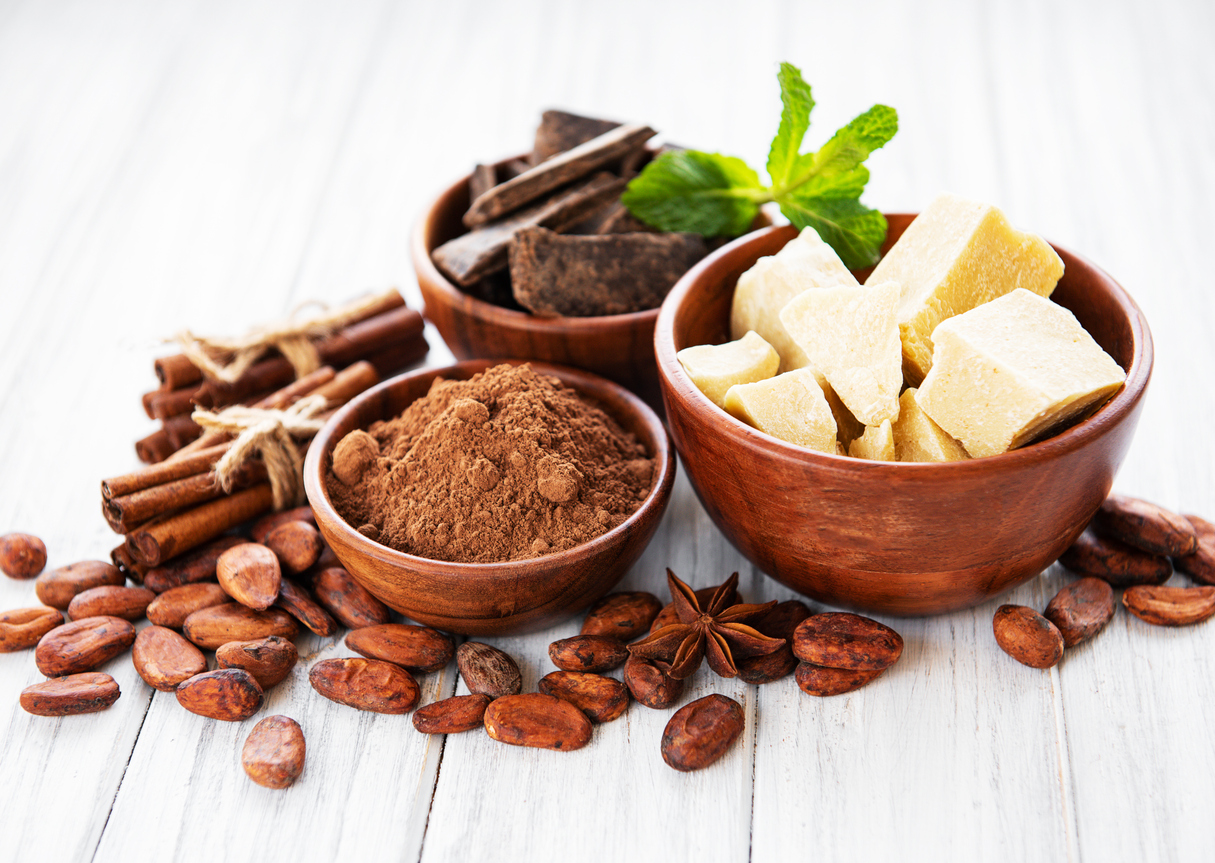How To Make Money From Selling Salt in Kenya
How To Make Money From Selling Salt in Kenya.
Kenya is a country with a lot of natural resources. As such, it has become one of the world’s major producers and exporters of salt. But with so many salt companies in Kenya, there is also a lot of competition.
In this article, we will explore how to make money from selling salt in Kenya and detail some common challenges that come with this business model. We will discuss how you can overcome these challenges and stay ahead of the pack by working smarter not harder!
Kenya is the world’s major producer and exporter of salt
Kenya is the world’s sixth largest producer of salt. Salt production in Kenya has increased annually by 11-13%. It is also the second largest exporter of salt in the African continent.
Salt production in Kenya began with small scale mining until it became a large scale operation.
Salt manufacturing in Kenya is governed by the regulations set by the Ministry of Industrialization, Trade and East African Community Integration under Act No 22 of 2016 on Raw Salt Production and Distribution.
The Kenyan salt industry has a lot of competition
If you’re thinking about starting a business in the Kenyan salt industry, there are a lot of things to consider. For starters, you’ll need to know how big the market is and what demand there is for your product.
To sell salt in Kenya, you will need to find out who your competitors are and how they’re marketing their brands. It’s important to know that there is a lot of competition in this industry and that you will need to stand out from the rest if you want to become profitable.
For this reason, we recommend researching the market and making sure that your pricing model makes sense. Many businesses have found success with competitive pricing models because it helps them undercut their competitors’ rates without affecting profitability too much.
How to make money from selling salt in Kenya
Kenya is a country with a lot of natural resources. As such, it has become one of the world’s major producers and exporters of salt. But with so many salt companies in Kenya, there is also a lot of competition.
In this article, we will explore how to make money from selling salt in Kenya and detail some common challenges that come with this business model. We will discuss how you can overcome these challenges and stay ahead of the pack by working smarter not harder!
Explore market potential
Kenya is the sixth largest producer of salt in the world, with a total production of 2.5 million metric tons. This makes it one of the largest producers and exporters of salt in Africa. The country is home to some 280 salt industries, producing nearly all types of table salt for export.
Salt is found throughout Kenya, but particularly around Lake Turkana and Lake Magadi where it can be mined en masse. Salt mines are usually located on the shorelines of these two lakes because the water used to dissolve the salt deposits is then evaporated by sun exposure or heated up by fires. The water that remains after this process contains high concentrations of minerals like magnesium chloride and calcium chloride.
The low production costs mean that Kenya’s supply of table salt is competitively priced against other brands on the international market, making it easy for them to sell their product at a profit. As such, there are no real limitations to how profitable selling salt can be in Kenya.
Develop good marketing strategies
When it comes to the salt industry, there is a lot of competition in Kenya. You can’t just sell your salt and expect customers to come to you. You need to be proactive and use good marketing strategies so that people will find out about your salt business from the start.
In order to market your business, you should have a plan. This plan should include how much time and money you are willing to spend on marketing. When developing your plan, it’s important to identify your goals and research what other companies in the industry are doing.
It would also be wise for companies in this industry to have a social media account for their salt business or at least use an active one. Social media is a great way for people with related interests to share information about products they like or want more information on. If there isn’t any social media accounts for this specific type of company, then they should consider creating one.
In terms of branding, branding is important but not as important as making sure people know about your product through marketing strategies such as pamphlets, flyers, banners, etc…
Create an effective strategy for your business
If you are considering starting a salt business in Kenya, it is important to have a strategic plan. Without one, your business could get lost in the sea of competition.
The first step is to establish your company’s identity. This will help you get your product out there and get it noticed. The next step is to create a competitive pricing strategy that will allow you to stay ahead of the pack. You should also invest in advertising techniques that work for your business model, like PPC advertising.
Kenya has very few regulations when it comes to this type of business model, which can make things tricky. One solution is to be transparent about where your product is sourced from and how it is processed. This way, potential customers can make informed decisions about what suits them best!
Conclusion
The salt industry in Kenya has a lot of competition, which can make it hard to make money. However, this doesn’t mean that you can’t be successful. To sell salt in Kenya, you need to explore the market potential, develop good marketing strategies, and create an effective strategy for your business. If you do these things right, then you should see some results.








LEAVE A COMMENT
You must be logged in to post a comment.